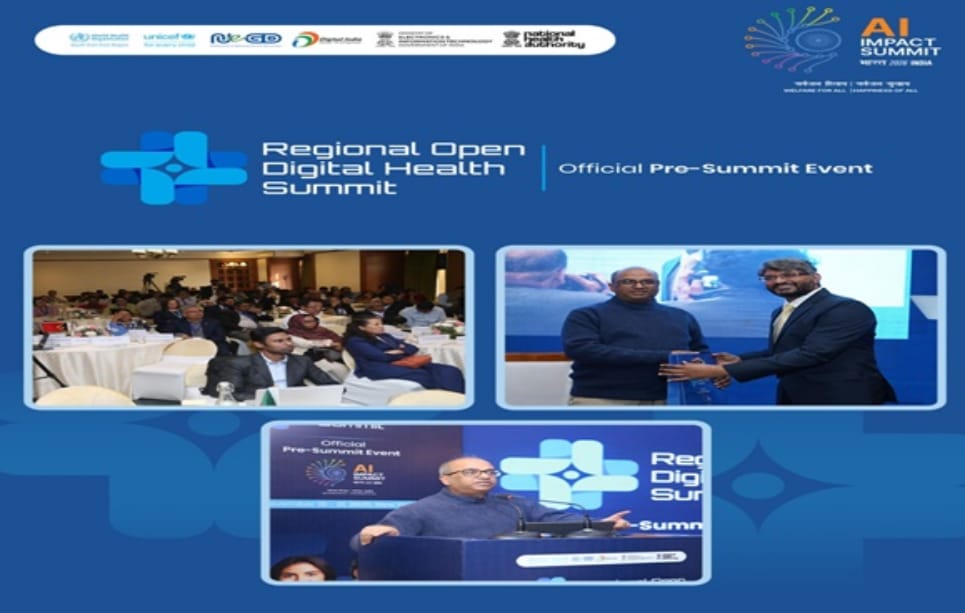Daily Top Current Affairs of the day for 23rd November 2025
1. ILO Welcomes India’s Labour Code Implementation. ILO Director General Gilbert F. Houngbo welcomed India’s new Labour Codes, emphasising their role in strengthening social protection and minimum wages. He said he is closely following the developments and highlighted that continuous social dialogue among the government, employers, and workers will be crucial to ensure the reforms benefit both employees and businesses.
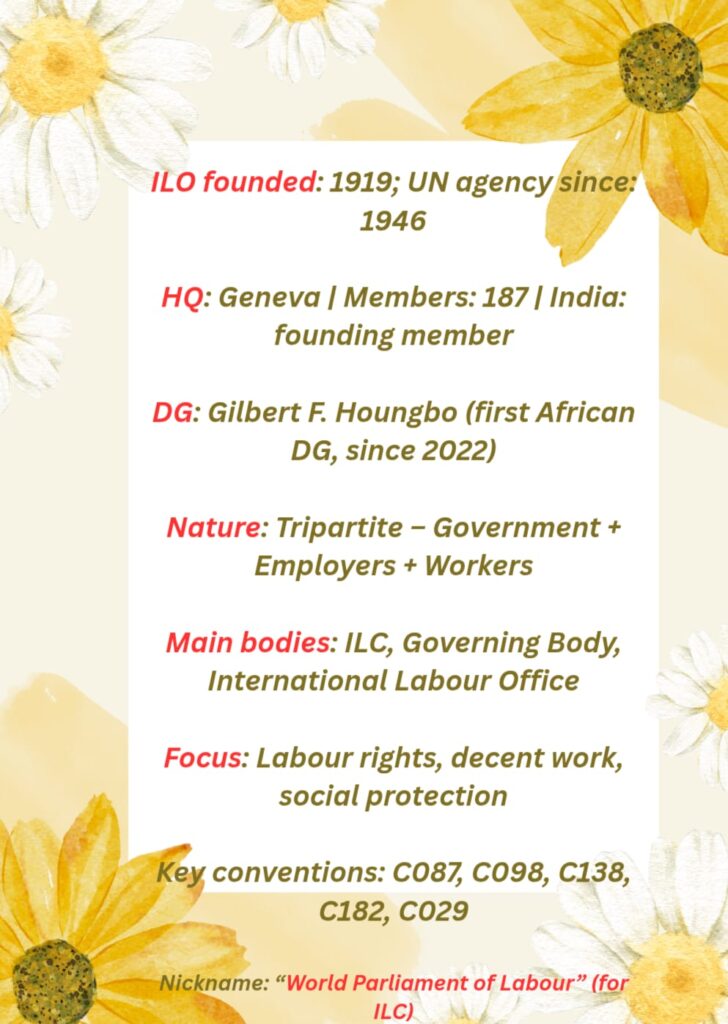
2.RBI Initiates UPI–TIPS Cross-Border Payments Link. The RBI announced plans to interlink India’s UPI with Europe’s TIPS system to streamline cross-border payments. This initiative aligns with the G20 roadmap for cheaper and more transparent remittances. The RBI, NIPL, and European Central Bank have entered the realisation phase that will enable seamless India–EU money transfers through a unified instant payments corridor.
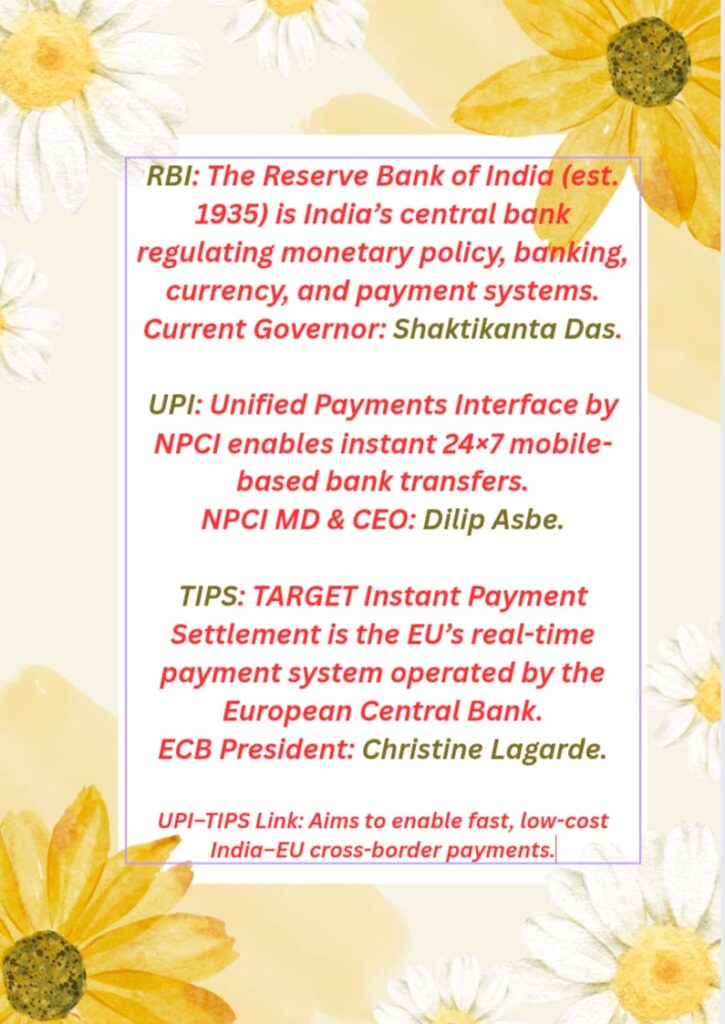
3. G20 2025 Theme Emphasizes Solidarity & Sustainability. The 2025 G20 theme—“Solidarity, Equality and Sustainability”—focuses on disaster resilience, debt sustainability, energy transition, and critical minerals. PM Modi will attend key sessions and hold bilateral meetings. The African Union’s permanent membership, secured under India’s 2023 presidency, strengthens the group’s inclusivity and global representation.
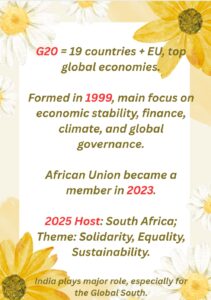
4. President Inaugurates Bharatiya Kalamahotsav 2025. President Droupadi Murmu inaugurated the second Bharatiya Kalamahotsav at Rashtrapati Nilayam, Secunderabad. The nine-day festival showcases the cultural heritage of Gujarat, Maharashtra, Rajasthan, Goa, Dadra & Nagar Haveli, and Daman & Diu. She emphasized that events like these deepen cultural understanding and inspire youth to value India’s traditions. Entry is free until 30 November.
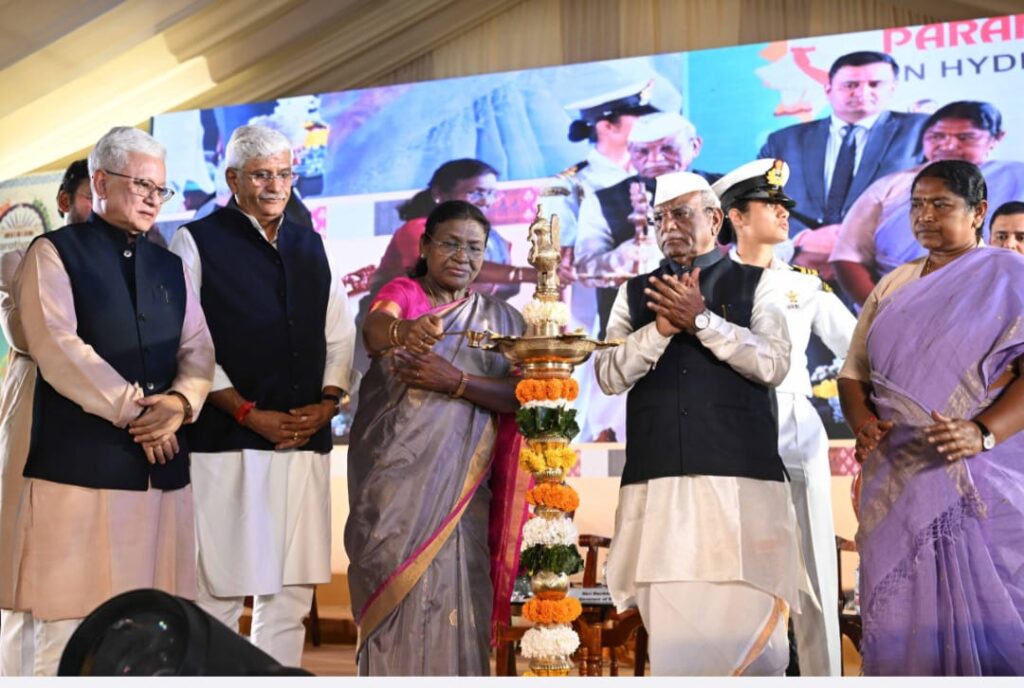
5. J&K Gets 150 Person-Days Under MGNREGA. Lieutenant Governor Manoj Sinha thanked the Centre for raising MGNREGA person-days to 150 for flood-affected Jammu & Kashmir. Nearly 1,962 panchayats were impacted, disrupting livelihoods. The enhanced allocation aims to provide stable income, reduce distress, and support creation of durable rural assets to strengthen economic resilience.
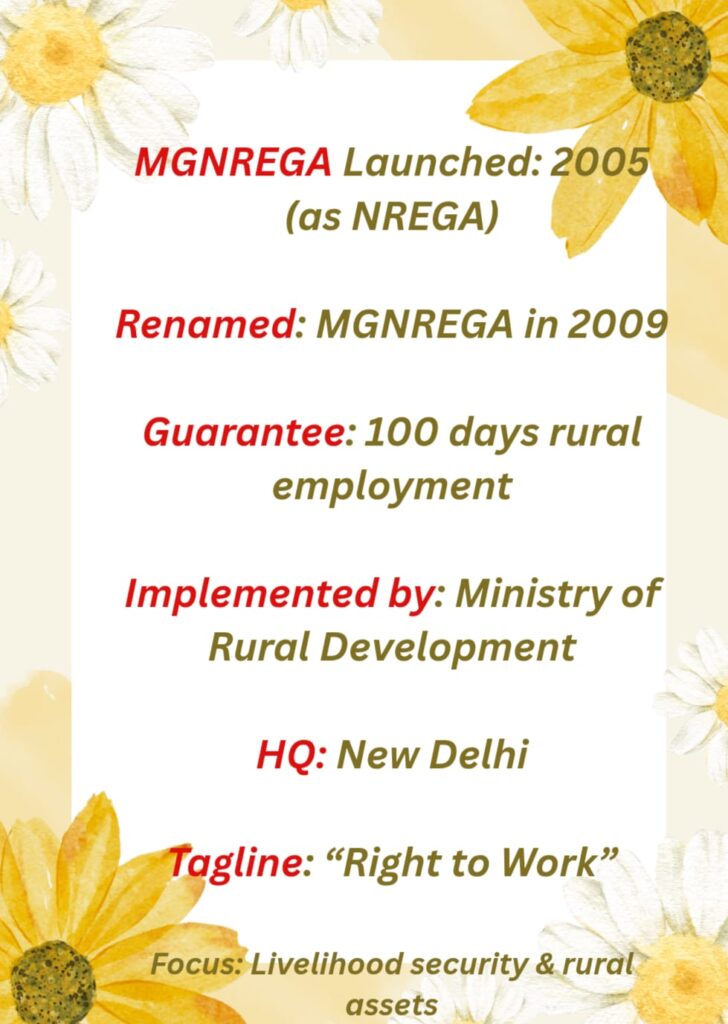
6. India Reaffirms Commitment to APDIM for Disaster Risk Reduction. At APDIM’s 10th Session in New Delhi, MoS Nityanand Rai reaffirmed India’s commitment to reducing disaster and climate risks in Asia-Pacific. He highlighted India’s leadership in risk assessment, early warning systems, and climate-resilient infrastructure. Regional partners agreed to enhance collaboration and adopt innovative approaches for disaster management.
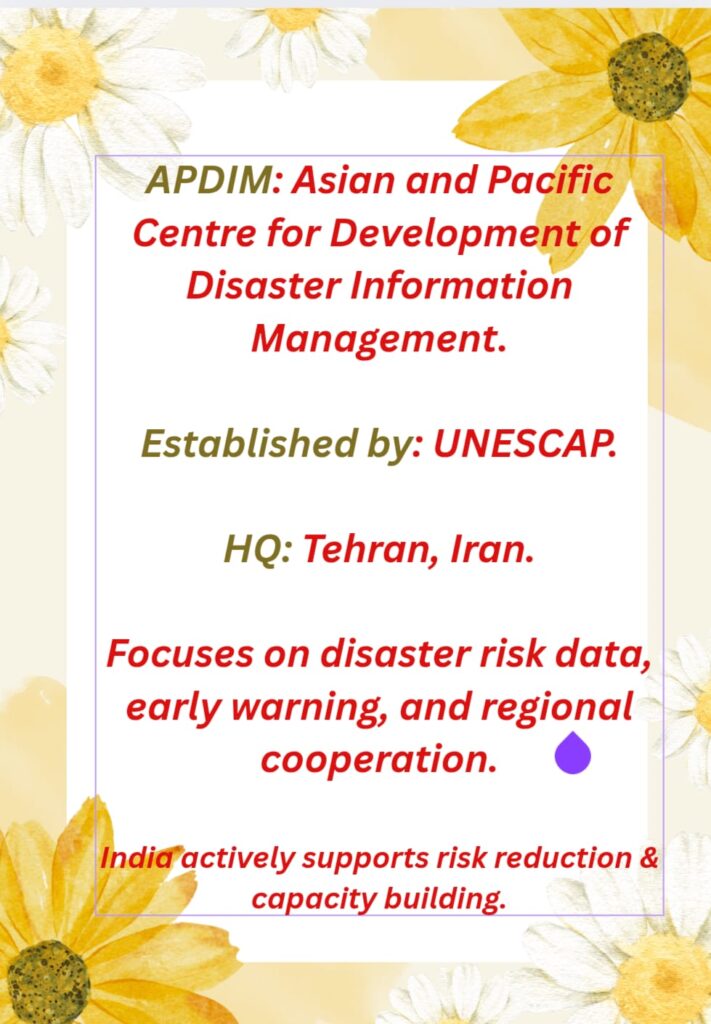
8. Folk Art Performances Shine at IFFI 2025. The Central Bureau of Communication presented vibrant folk performances from 16 Indian states at the 56th IFFI in Goa. Artists from Himachal Pradesh, Tamil Nadu, and Jammu & Kashmir captivated visitors with energetic dance traditions, adding cultural richness to the festival and celebrating India’s diverse heritage.
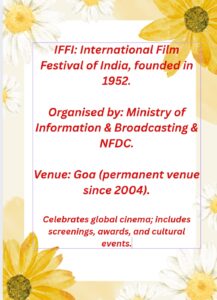
9. ACITI Partnership Launched by India, Australia & Canada. On the sidelines of the G20 Summit, PM Modi announced the Australia-Canada-India Technology and Innovation (ACITI) Partnership. The initiative aims to strengthen cooperation in emerging technologies, clean energy, supply chain diversification, and AI deployment. PM Modi also held productive meetings with UK PM Keir Starmer and UN Secretary-General António Guterres.
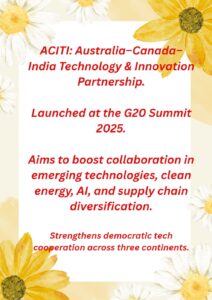
10. India Achieves Record 357 Million Tonnes of Foodgrain Output. ICAR DG Dr. M. L. Jat announced that India’s foodgrain production touched a record 357 million tonnes, rising over 8% from last year. Effective agronomy cut stubble burning by 95%. He highlighted strong growth in pulses, oilseeds, and millets production. The IAC-2025, themed on smart agri-food systems, begins on 24 November in New Delhi.
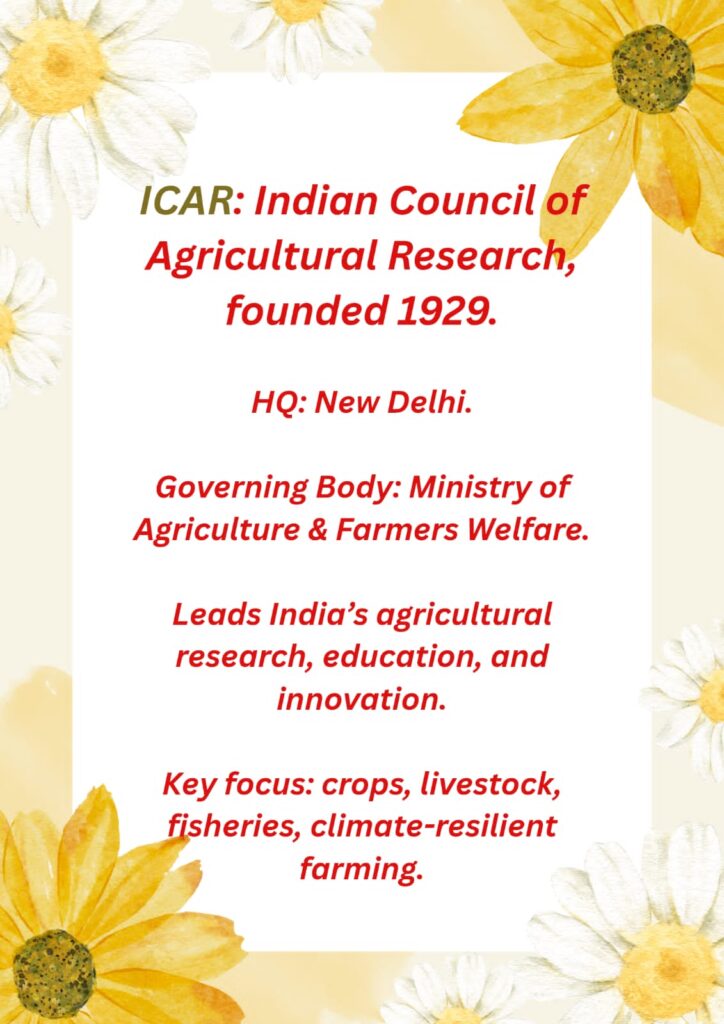
11. Regional Open Digital Health Summit Highlights AI-Driven Healthcare. The Regional Open Digital Health Summit 2025 in New Delhi highlighted the need for sustainable financing, interoperability, and AI-enabled health systems. Countries including India, Nepal, Maldives, Sri Lanka, and Thailand discussed challenges such as donor dependency and fragmented funding. Experts stressed digital public infrastructure and governance as key pillars of future healthcare.
